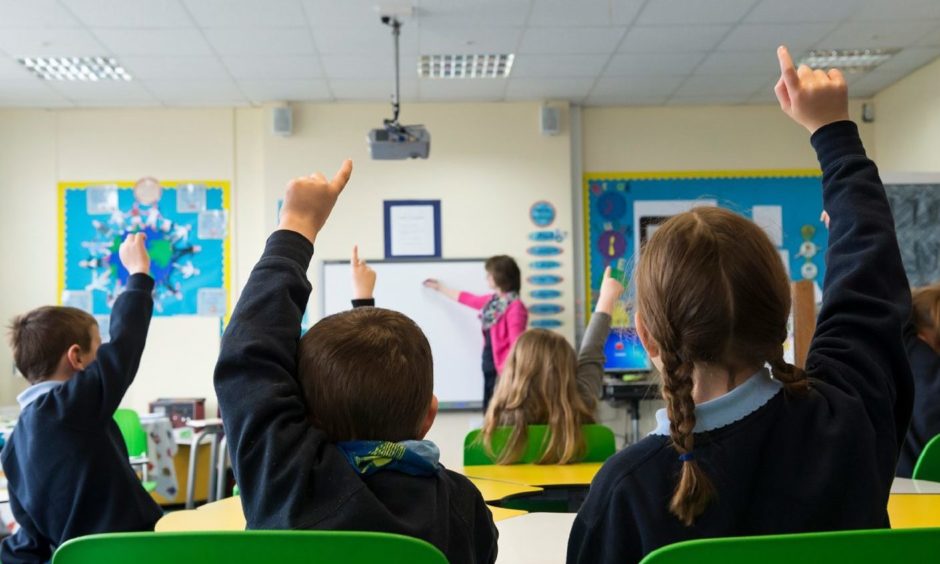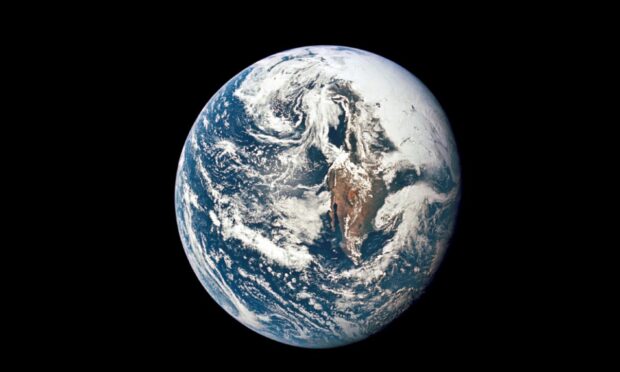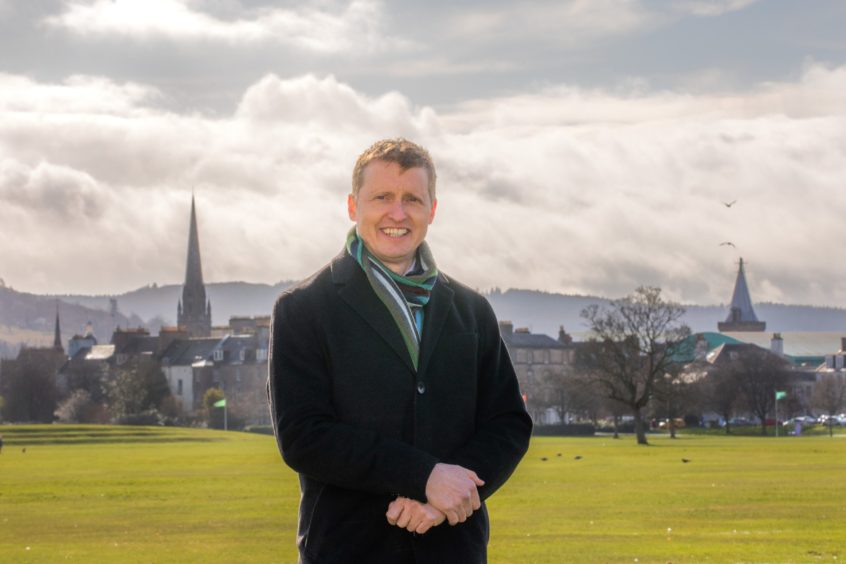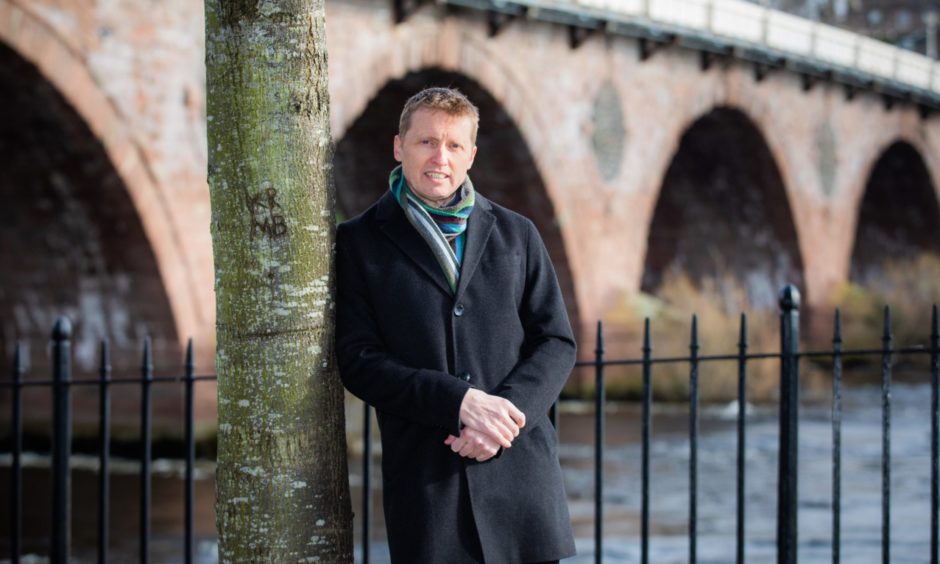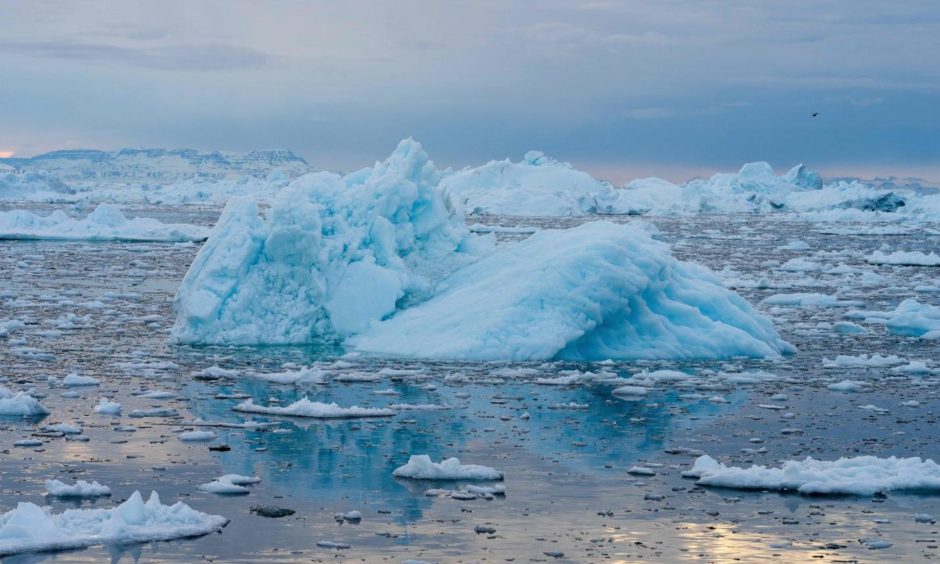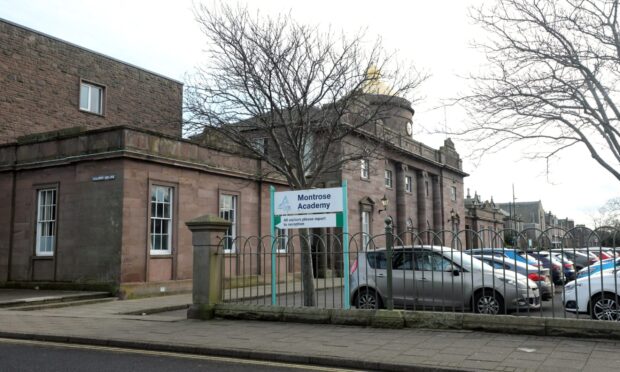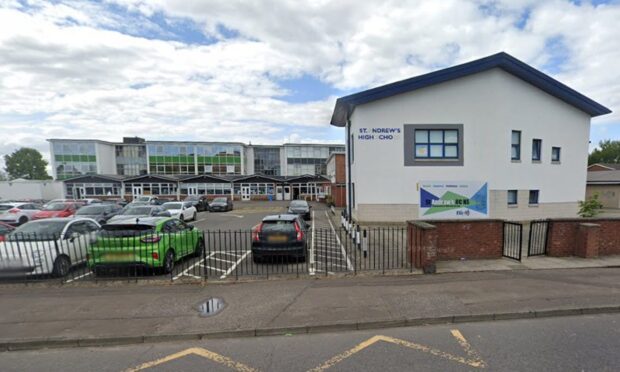Over 60 delegates from 28 countries met in an online global gathering of geographers to discuss the role of geographical societies in responding to the climate emergency ahead of COP26 in Glasgow later this year.
The gathering, organised by the Perth-based Royal Scottish Geographical Society (RSGS) in collaboration with the Royal Geographical Society (RGS) and the International Geographical Union, discussed collaborative efforts to tackle climate change and sustainable development goals and reflect on the varying cultural and political contexts across the world.
The event featured provocations from several international speakers including professors from Cambridge and Delhi along with Perthshire student Ellie Kirkland speaking on aspirations of young people.
Delegates from Italy, Israel, Russia, China, Ireland, Colombia, and Uganda were amongst those who reflected on their work within the three key themes of education, research, and public engagement and policy.
Ambitious programme
RSGS chief executive Mike Robinson said his organisation has a really ambitious programme ahead of COP26 based around three core principles of promoting wide-spread action to deliver domestic targets, tackling inequality by giving voice to those less heard, and promoting Scotland’s global leadership to inspire others internationally.
This includes an online suite of Climate Solutions programmes educating about climate change at managerial level; online climate emergency summits to provide a space for motivated people to offer solutions to the climate emergency; a documentary film The High Road exploring climate achievement in Scotland and a “Drop of Inspiration” whisky developed with the Scottish Catholic International Aid Fund to give to world leaders.
A COP26 edition of the RSGS Geographer magazine, a Young Geographer magazine focused on climate justice and a mass survey asking five key questions around climate change to help get a ‘peoples perspective’ on actions the public would like to see brought forward sooner, are also in fruition.
Mr Robinson said: “We have heard from an amazingly diverse range of voices within the field of geography who have come together to discuss some of the most pressing global issues of our time- biodiversity loss and the climate emergency.
“The geographical community has an incredible heritage, with a diverse range of approaches and opinions.
“Yet, regardless of our differences in approach, our shared language of science and geography grants us a strong collective ability for promoting positive global change.
“Our collective influence can make an impact to inform debate, to inspire the public and to place geography at the heart of solving this global emergency.”
Historic opportunity
Professor Joe Smith, director of the RGS said: “This historic gathering is an opportunity for the world’s geographical organisations to gather together to challenge ourselves – and geography – to recognise the broad responsibilities and opportunities that climate change represents for geography.
“The topic generates compelling questions that the subject is uniquely well placed to respond to, and also opportunities to demonstrate the unique attributes of geography.
“We are inter-disciplinarians, problem solvers, and applied thinkers. But it also presents us with profound responsibilities to apply our knowledge and skills with urgency and purpose to the task of managing the far-reaching risks presented by mitigation and adaptation to climate change.”
Student Ellie Kirkland from Perth spoke passionately of the importance of listening to and considering young people as around the globe, they are increasingly working together to inspire climate action.
The School Strike for Climate saw millions of young people globally take to the streets in 2019 to demand climate justice.
Geography teacher Jon-Paul Davie, considered the responsibility of geography teachers to motivate pupils.
Rather than presenting young people with the disheartening facts of the climate crises, he wanted to see more effort in elaborating on positive solutions.
